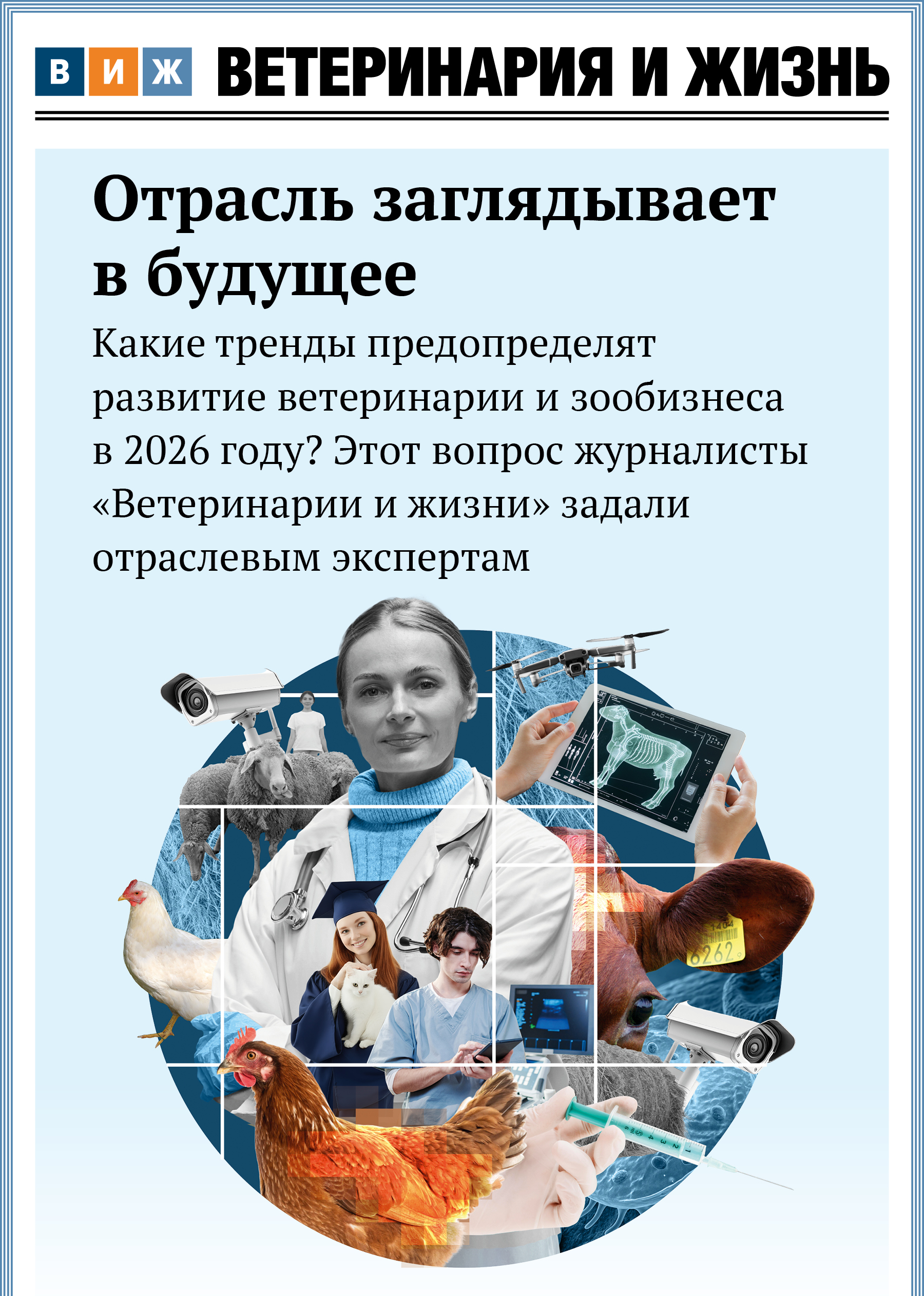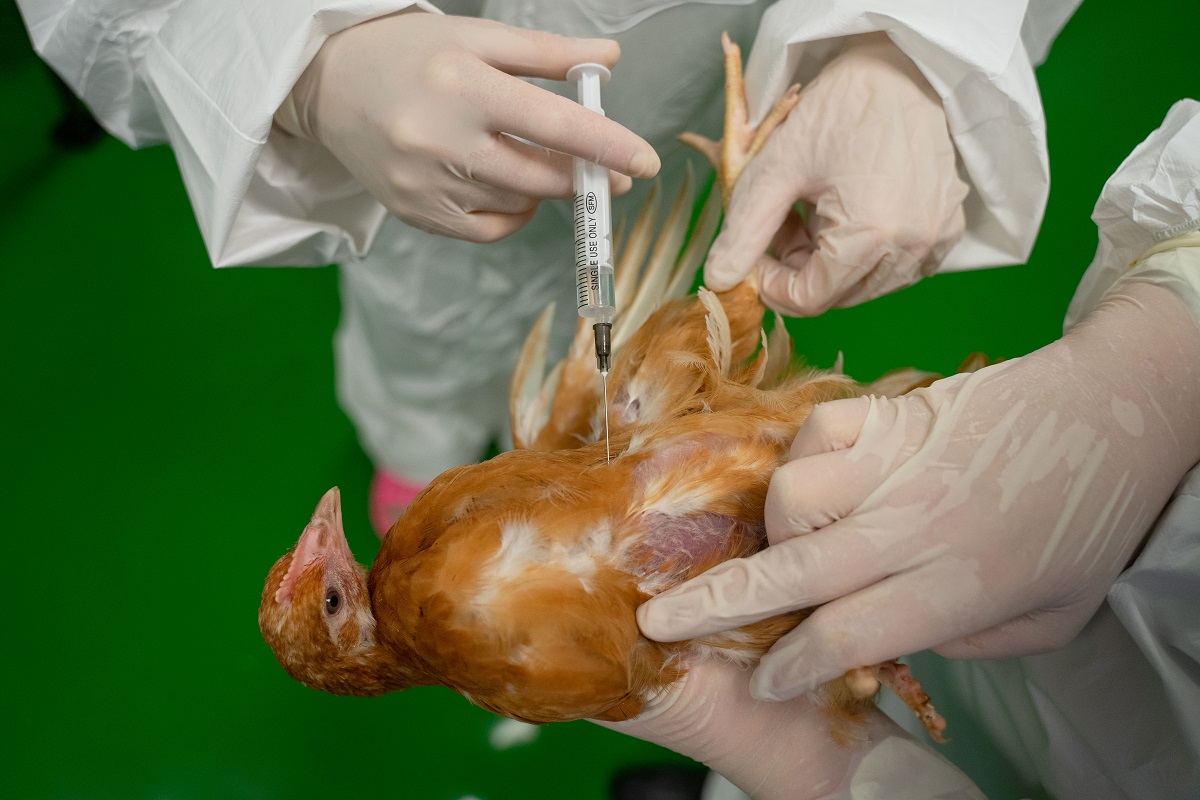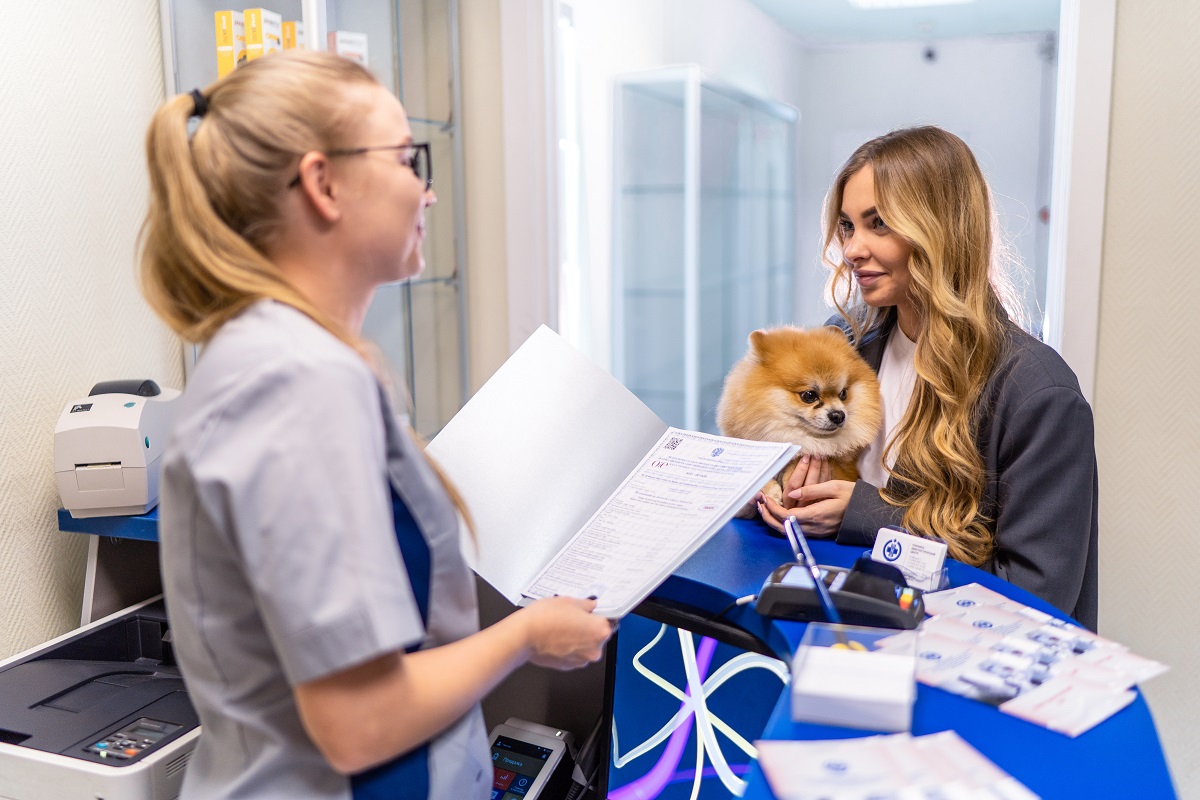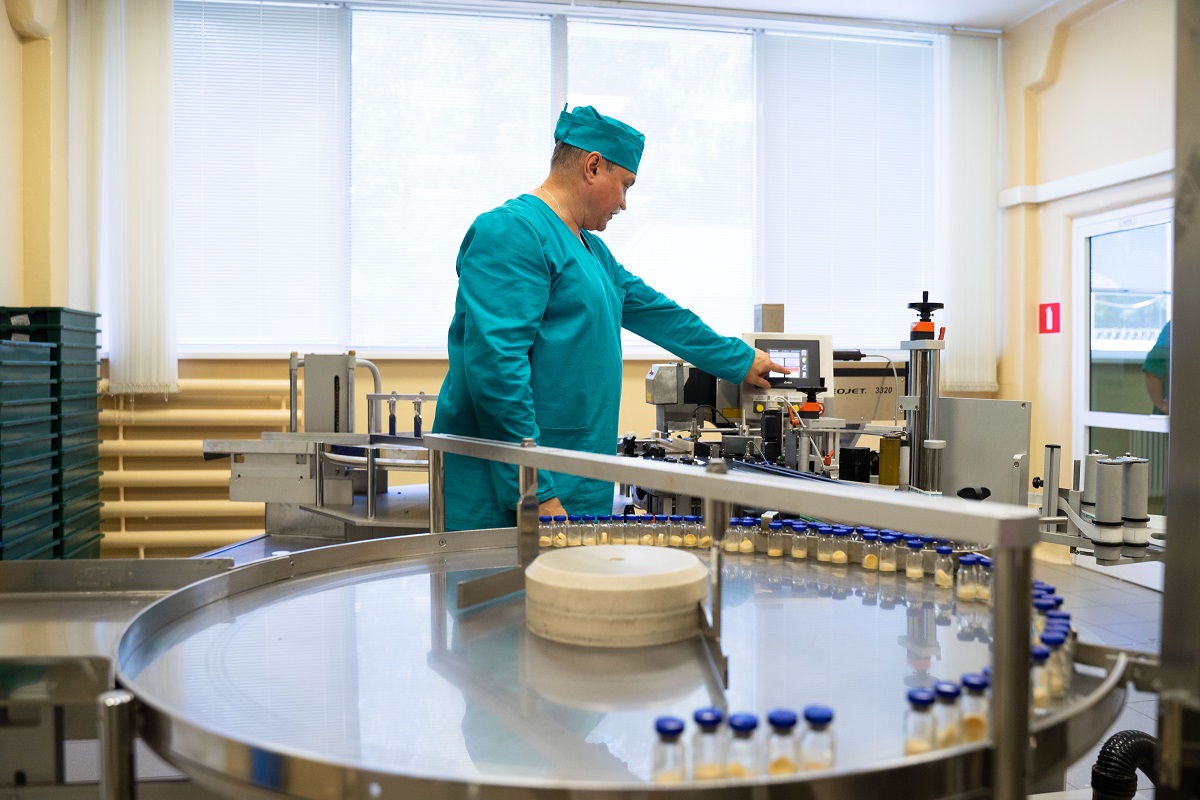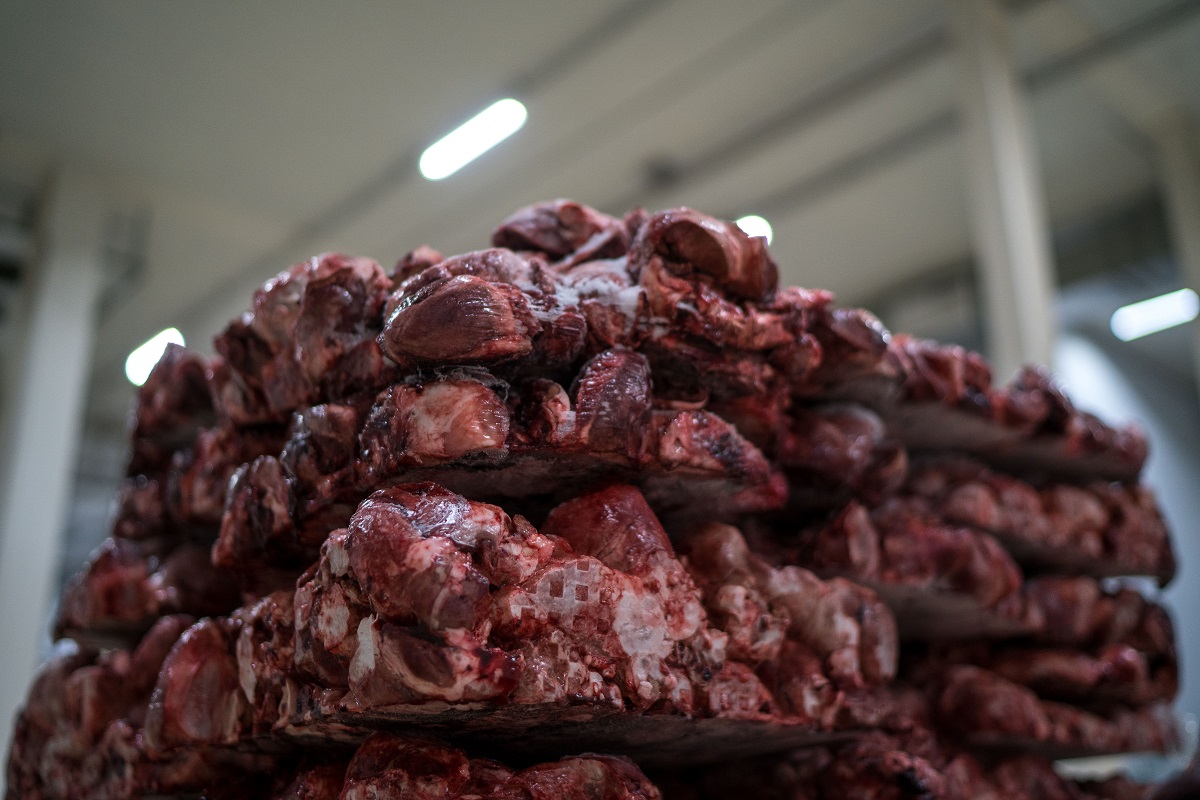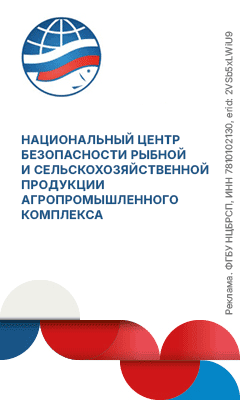“I speak in support of the initiative for vaccination of commercial flocks,” shared with V&L his opinion Vladimir Fisinin, Academician of the Russian Academy of Agricultural Sciences and the president of the Russian Poultry Union. According to him, Rosptitsesoyuz has already held several video conferences on this issue, engaging the representatives of the Department of Veterinary Medicine of the Ministry of Agriculture of Russia and Russian poultry farms management. Including in particular AO Agrofirma Oktyabrskaya from Mordovia and Irtyshskaya poultry farm from the Omsk region, and a multitude of other professionals.
The academician added, that there are some large poultry farms in Russia that require protection from avian influenza, through vaccination as well. “Just as avian influenza hit the Borovskaya poultry farm in the Tyumen region! It used to produce more than a billion eggs. This is more, than the entire egg production in Finland,” said Fisinin.
Experts don’t rule out the possibility, that poultry farms may be carrying out unofficial vaccinations, in order to protect themselves.
According to Nikolai Krokhin, the veterinary expert on poultry farming at Agrofeed Rus Ltd, it is very important to vaccinate backyard farm flocks. “It is a nidus and a breeding ground for infection,” he said. In his opinion, outreach activities should be in place, to make individual entrepreneurs ask for flock vaccination against bird flu at a purchase. “Let’s say there is a government subsidy: the price for an unvaccinated bird is set at 180 rubles, and at 175 rubles for the vaccinated one. 5 rubles is a payment for vaccination. This would make both the seller farm and the buying farmer interested,” Nikolay Krokhin suggested.
The expert warned that not only poultry, but also other animals may be susceptible to the HPAI virus. “Thus, the virus can maintain a long-term unfavorable status of the zone. Poultry vaccination against HPAI will prevent outbreaks and reduce the potential cross-species transmission of the disease. All these efforts may eventually lead to a decrease in highly pathogenic influenza virus circulation and reduce significantly the risk of human infection,” explained the expert.


